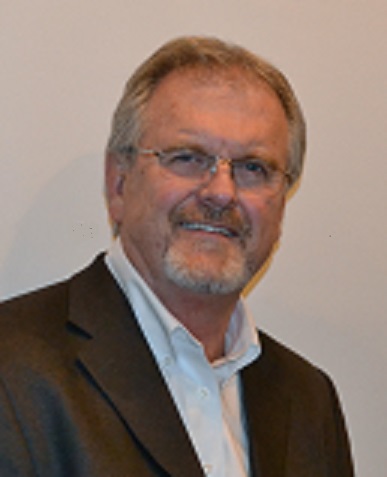Inspiring!
https://www.youtube.com/watch?v=SuAdK19KjQk
(HT: www.bensonian.org)


At Dallas Theological Seminary and Trinity Evangelical Divinity School I sat through many classes where we sought to “understand the Bible.” For all their worth, there was one huge assumption which was consistently made: our own walks with God made no real difference in how well we understood Scripture. All that was needed to understand Scripture were the tools like observing the text carefully.
In Christopher Hall’s wonderful book, Reading Scripture with the Church Fathers, it is clear that the earliest Christian interpreters of Scripture believed one’s walk with God directly influenced how well they understood God’ Word.
Currently, I am leading a few reading groups of friends through some of the great works of Christianity. We are now reading Imitation of Christ by Kempis. Kempis said, “In silence and peace a devout soul makes progress and learns the secrets of the scriptures.”
Eugene Peterson writes, “The most important question we ask of this text is not, ‘What does this mean?’ but ‘What can I obey?’ A simple act of obedience will open up our lives to this text far more quickly than any number of Bible studies and dictionaries and concordances.”
(I am grateful to www.bensonian.org for bringing my attention to this last quote by Eugene Peterson in Eat This Book, p. 71)
I come from a tradition of Western culture in which the ideal (my ideal) was the complex, dense and “cathedral-like” structure of the highly educated and articulate personality—a man or woman who carried inside themselves a personally constructed and unique version of the entire heritage of the West…
But today, I see within us all (myself included) the replacement of complex inner density with a new kind of self-evolving under the pressure of information overload and the technology of the “instantly available”. A new self that needs to contain less and less of an inner repertory of dense cultural inheritance—as we all become “pancake people”—spread wide and thin as we connect with that vast network of information accessed by the mere touch of a button.
Richard Foreman
http://edge.org/3rd_culture/foreman05/foreman05_index.html
HT: www.bensonian.org

Roger teaches literature at Wheaton College. His books, The Culture of Interpretation: Christian Faith and the Postmodern World and Believing Again: Doubt and Faith in a Secular Age have made indelible marks on me.
Here is two minute introduction on him and his work:




My friends in the four pictures: a much younger Warren Culwell, Darin Maurer with his high school buddy and basketball teammate, the dancing Scot, Dougal Cameron, and the book omnivore, Danny Smith, all get up around 4 a.m. The latest riser is probably around 4:30, but you get the picture.
I don’t get up at four, but sometimes I am up at four. I generally sleep very well, but every now and then I am up. This past Wednesday was one of those days so I decided to write text notes to all four friends. I can report that none dropped dead of a heart attack when they received my early morning missive!
Wise review of Zealot: the Life and Times of Jesus of Nazareth by Reza Aslan:
The great suburban build-out is over….We shall have to live with its consequences for a long time. The chief consequence is that the living arrangement most Americans think of as “normal” is bankrupting us both personally and at every level of government…A further consequence is that two generations have grown up and matured in America without experiencing what it is like to live in a human habitat of quality. We have lost so much culture in the sense of how to build things well. Bodies of knowledge and sets of skills that took centuries to develop were tossed into the garbage, and we will not get them back easily. The culture of architecture was lost to Modernism and its dogmas. The culture of town planning was handed over to lawyers and bureaucrats, with pockets of resistance mopped up by the automobile, highway, and real estate interests.
You might say the overall consequence is that we have lost our sense of consequence. Living in places where nothing is connected properly, we have forgotten that connections are important.
Howard Kunstler, The Geography of Nowhere: The Rise and Decline of America’s Man-Made Landscape (New York: Simon & Schuster, 1993), 245-46.
HT: Patrick Schreiner at Ad Fontes


An interesting and informative exchange with Professor Tony Lane:
http://www.patheos.com/blogs/jesuscreed/2014/08/02/doctrine-is-not-a-four-letter-word/